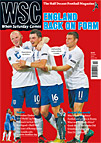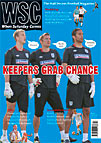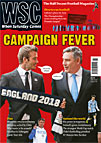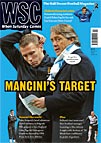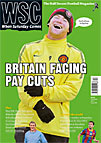 With the Soviet national team causing huge disappointment at the 1952 Olympics, Sasha Goryunov explains how the fallout had huge ramifications for the Soviet league
With the Soviet national team causing huge disappointment at the 1952 Olympics, Sasha Goryunov explains how the fallout had huge ramifications for the Soviet league
The long-term significance
This was a year of upheaval for Soviet football. After a hiatus of 17 years the national side took to the field again and participated in its first ever official international tournament, the 1952 Olympics. In losing to Tito’s Yugoslavia in the first round, the team failed in both sporting and political terms with grave consequences for the reigning champions, CDSA. The famous “Lieutenants’ Team” had dominated post-war USSR football, with five titles in seven years, but was held responsible for what happened in Helsinki and disbanded. This opened the door for Spartak Moscow, who went on to dominate the domestic scene for the next dozen years.
